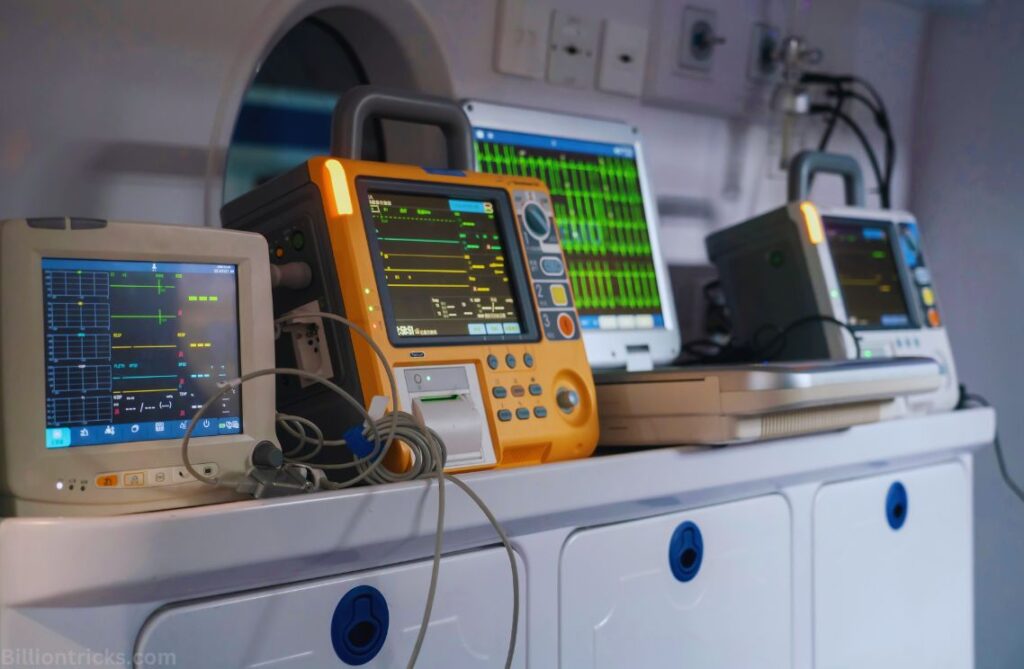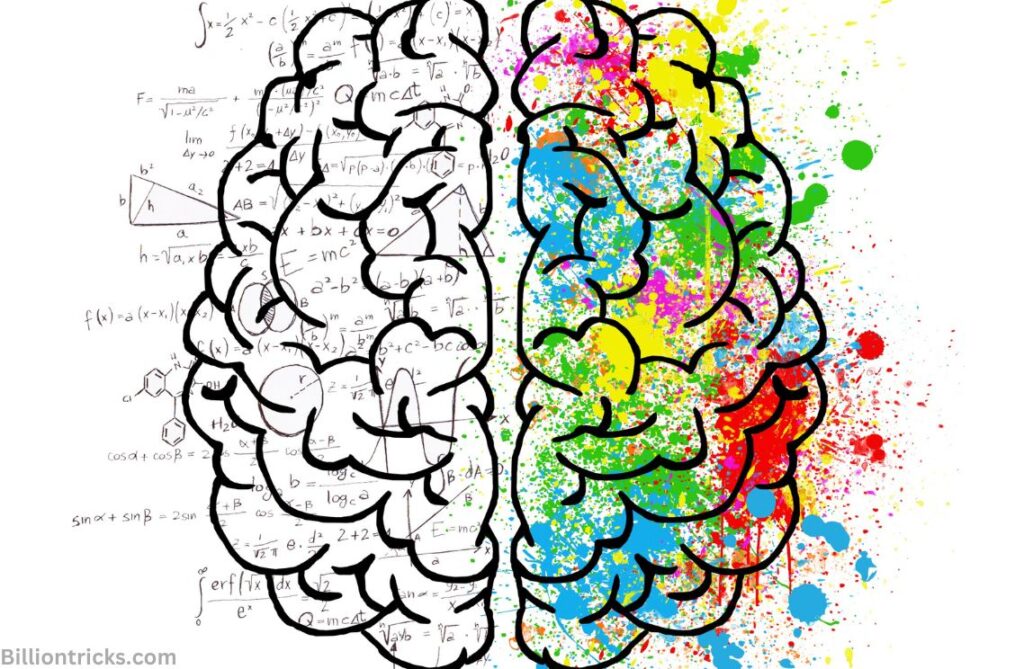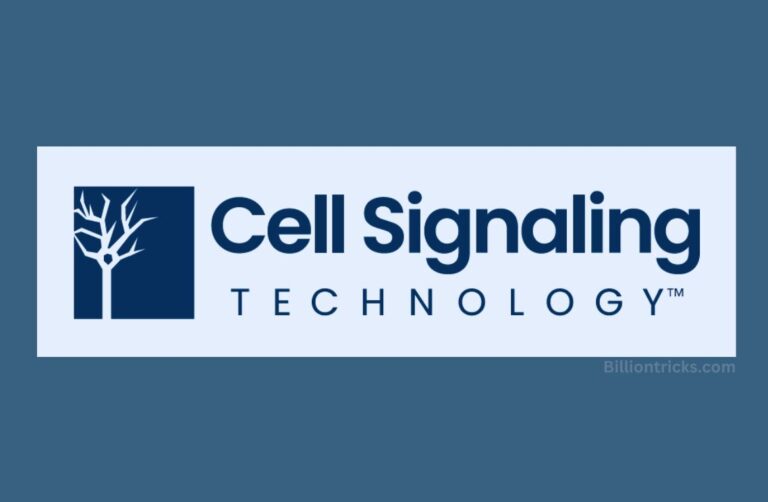Introduction
Cell signaling is the critical process of transmitting information between cells to regulate essential bodily functions. This complex network of interactions is beneficial to the regulation of growth, immune responses, and metabolism. The proper comprehension of these biological paths is of great importance to the medical field as they are the key subject in the study of chronic illnesses such as cancer, autoimmune disorders, and neurodegenerative conditions.
What is Cell Signaling Technology?
Cell signaling is how cells engage each other and act in response to various biotic and abiotic signals. It is a complicated process that depends on a group of molecules such as proteins, enzymes, and receptors, which act together to communicate signals within and between cells. These molecular messengers help maintain the balance of the body and regulate the growth, the immune defense, and the metabolism. Whenever the signaling pathways get disrupted, it can become a cause of diseases thus becoming a significant topic of studies in medicine and research.
About Cell Signaling Technology

Cell Signaling Technology (CST) was established in 1999 and within a short time sprinted to a globally acknowledged biotechnology company. It is located in Danvers, Massachusetts, and its main field of work is in creating antibodies, assays, and molecular biology tools that are used by scientists to look at the cell as a whole. CST develops state-of-the-art products and goes to great lengths to ensure their accuracy, reproducibility, and consistency, which is a contrast to the prevailing variety of the type of supplies on the market.
How Cell Signaling Technology Works

Cell Signaling Technology (CST) is a firm that provides scientists with the necessary tools to learn about how cells communicate. The business concentrates on the production of antibodies of a superior quality which makes it possible for scientists to investigate various types of proteins that function in signal transduction. These antibodies are mainly applied in several lab methods which include Western blotting, immunohistochemistry, as well as flow cytometry. CST also deals with kits and reagents which are used to study cancer, epigenetics, proteomics, and immunology. The company’s commitment to scientific exactitude assures one that their product can be trusted to provide one with valuable outcomes.
Applications of CST Products
CST products are used in many of the scientific research fields. In cancer research, scientists use their tools in the study of tumors, metastasis, and the possibilities of treatments. In neuroscience, CST antibodies assist in the analysis of neurodegenerative diseases such as Alzheimer’s and Parkinson’s. Immunologists depend on CST products to investigate immune system responses and autoimmune disorders. Apart from stem cell research, drug discovery, and personalized medicine, the products from CST are in the core of these services, thereby increasing the scientific knowledge and medical breakthroughs.
Read Also: American Technology Consulting Driving Innovation in Digital Age
CST’s Promise to Shoebox Integrity
The admiration of CST by the research community mainly comes from their pledge to scientific authenticity. As opposed to most companies that subcontract the production of the antibodies, CST carries out the full manufacturing and validation process by themselves. Thus, it is guaranteed that every product complies with the high-quality standards and yields trustworthy, reproducible results. The corporation extends its services across the globe, fostering transparency and the distribution of scientific data among researchers.
The Role of CST in Personalized Medicine

Personalized medicine is a recent type of treatment that prescribes cures to individual patients after diagnosing them with the help of their unique genetic code. CST is key to this sector by providing the tools used to study molecular markers and disease pathways. Scientists apply products of CST to work on targeted therapeutics which bring good results to patient health. Thanks to the potential of precision medicine to develop, CST will still be a central player in the progress of this approach.
Future of Cell Signaling Technology
The development of CST is deeply connected with the advances in biotechnology and life sciences. The use of artificial intelligence and big data in medical research will bring it closer to gaining the knowledge of the intricate signal networks. Thus, in the future, and is also likely to expand on new gene editing technologies like CRISPR, biotechnology. The single-cell analysis sector is also a potential area in which the knowledge of CST will be highly sought after. Furthermore, the company is willing to develop such properties that are eco-friendly and will help to impact the environment in a smaller way, at the same time, giving a venture in science that is revolutionizing it a stable ground to stand on.
Read Also: Proxiyum: A Modern Solution for Secure and Private Browsing
Conclusion
Cell Signaling Technology is a leader in scientific research, offering indispensable instruments, which help scientists to study cellular communication and disease mechanisms. Through maintaining these principles of quality and innovation, CST has become a well-trusted partner to researchers all around the world. In the world of biomedical research that is ever-changing, CST is committed to discovering new methods that will cure people and help medical science to be developed.
FAQs
1. What is the field of specialization for Cell Signaling Technology?
Cell Signaling Technology is specialized in creating high-quality antibodies, assays, and reagents which are used to study the cell signaling pathways and molecular biology.
2. Why is CST famous for its highly valued antibodies?
CST ensures the performance of its antibodies by having them produced and validated in the laboratory, thus ensuring their specificity, and reliability for the purpose of scientific research.
3. What part does CST play in cancer research?
CST contributes to the study of the tumor to find out the reason for tumor development as well as signaling pathways and target therapies respectively followed by the important role of the researcher to treat the ailment with better drugs.
4. Does CST have any other services that it provides except for antibody production?
Yes, CST also offers products for proteomics and CRISPR reagents, as well as specialized research services, for academic as well as pharmaceutical institutions.
5. What are some future trends in the field of Cell Signaling Technology?
The future will see AI driven research lead to new inventions and gene-editing tools expand applications, and also there will be a lot of enthusiasm about personalized medicine and single-cell analysis.


